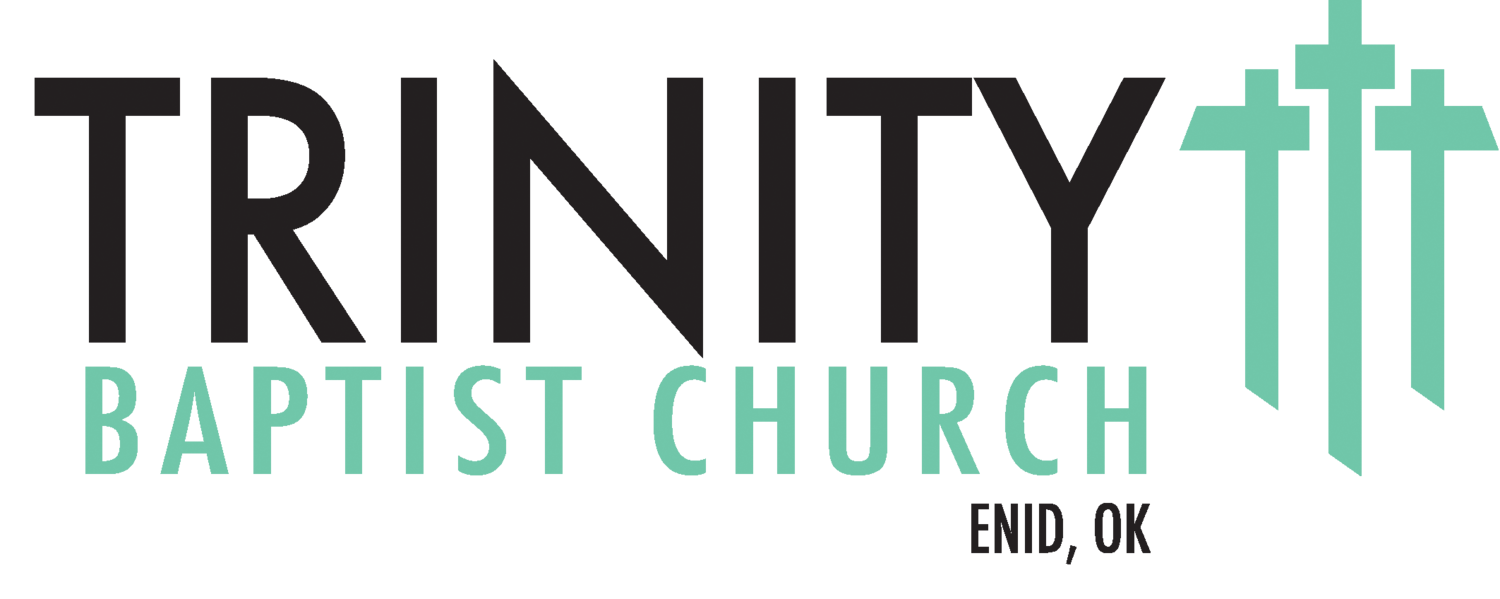This devotion is part of a series for our church as we wait in anticipation for Good Friday and Resurrection Sunday. Considering reading the passages associated with the day of Passion Week.
Monday— Jesus Curses the Fig Tree & Clears the Temple
The Monday following Palm Sunday is marked with actions of Jesus, not yet seen by the disciples, both of which seemly leave them confused with what just happened. After the Triumphal Entry and the crowds that followed Jesus from Galilee for Passover correctly recognized Jesus for who he is—the King of Israel. In the days following Sunday, Jesus will actively work to complete His Father’s plan for atonement and also speak encouragement into the lives of his disciples.
Monday morning, we find Jesus and His disciples returning to Jerusalem from Bethany. In Matthew 21:18-22 we find Jesus confronting a fig tree on the side of the street and cursing it—effectively ending any chance it would bear fruit again.
Why does Jesus curse a fig tree? What did the fig tree ever do to deserve such a curse? Those are the kinds of questions that come to my mind. But as we know from reading the life and actions of Jesus, He does everything for a reason. The curse and his actions have greater meaning than we know. For the disciples, they surely didn’t understand. It would take the next day for Jesus to explain the entire meaning of the curse. The tree represents faithless Israel—and the heart of the nation, Jerusalem. Both are beautiful in appearance, bloom in such a way that causes the traveler to stop and behold its beauty, but when time comes to show its fruit, it has none. Because of that, Jesus curses the tree to show His disciples and later us how God responds to those who are faithless and claim to have faith, but bare no fruit.
How do we respond to such an event?
Jesus demands we do something with the faith He has given us. Action is required. If we do not do something with the life God has given us, and if we live as Israel in the time of Jesus, than we should not be surprised when God intervenes in our life with curse, punishment, or discipline. The beauty of Jesus and his sacrifice should bring about a change in our lives and unstoppable desire to serve Him and His people. We were made for more than the curse and the curse is not our destiny.
But Monday doesn’t end there. We find Jesus in Mark 11:15-19 entering the Temple and driving out all the merchants. To understand why Jesus did this we need to understand the background.
This was Passover Week. Thursday night, along with Jesus and His disciples, millions of Jews would be celebrating Passover. Many of them had come hundreds of miles, much farther in distance than even Jesus and His disciples. To put this in modern terms, this was the “Super Bowl” of festivals in the Jewish calendar. All of these people would be sacrificing in the Temple leading up to Passover. Many of these people were poor and simply because of the great distance traveled, animals for sacrifice and goods for the week could not be carried. Therefore they needed someone to provide these goods. This is where we see the evil and Jesus stepping in to correct the situation.
The money changers and merchants were taking advantage of the people no doubt. They were set up in the Temple, and Jesus had a problem with both. This would have been quite a scene for everyone involved. Within the whole event, Jesus takes the opportunity to teach.
17And he was teaching them and saying to them, “Is it not written, ‘My house shall be called a house of prayer for all the nations’? But you have made it a den of robbers.” — Mark 11:17 (ESV)
In Jesus’ mind, the religious establishment had allowed these merchants to take advantage of the people, thus creating a “den of robbers” in His Father’s House.
Reflecting on this moment of Passion Week, we see this only furthering the anger and blood lust of the chief priests and scribes. They already hated Jesus, and now He embarrassed them in front of their people. All of this is part of Jesus’ plan and journey to the cross. This event will be another accusation used by the chief priests in the unlawful trial early Friday morning. After these events, Jesus returns to Bethany with His disciples. For us, we look on Monday and see it as one day leading up to the crucifixion and eventual resurrection. Going forward, each day will increase in content recorded by the gospel authors, as well as the tension between Jesus and the Jewish leadership.

